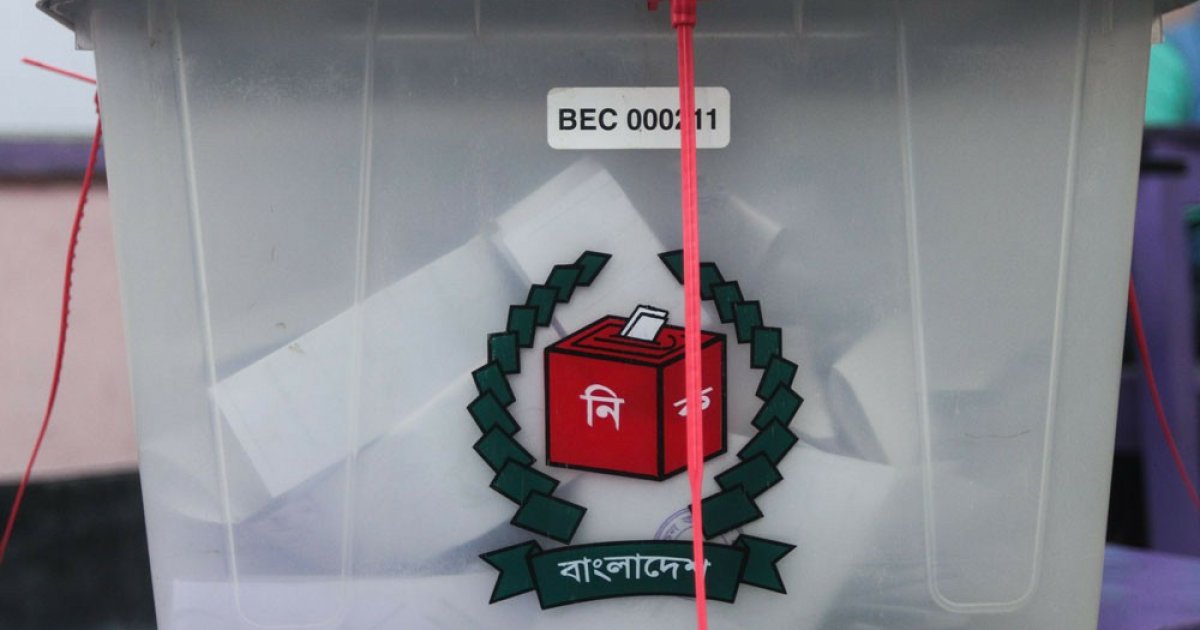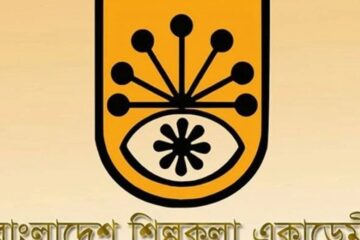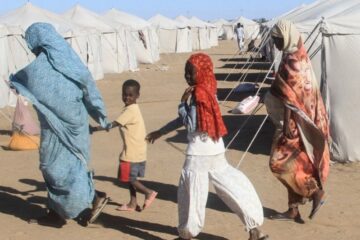As the 13th National Parliamentary Election approaches, political tensions are rising over the proposed referendum on the July National Charter, raising questions about whether the February polls will proceed as scheduled.
The National Consensus Commission (NCC) has recommended holding a referendum to seek public approval for implementing the July Charter.
Jamaat-e-Islami and the National Citizen Party (NCP) insist the referendum be held by November, arguing that no national election should take place without first implementing the Charter.
The BNP has suggested holding the referendum on the same day as the election, a proposal rejected by Jamaat and NCP, who claim that simultaneous voting could undermine both electoral transparency and the referendum’s legitimacy.
NCP Convener Nahid Islam told reporters in Rangpur: “If the July Charter is not implemented, there is no possibility of an election. We must first establish the Charter and the roadmap for justice before moving towards an election.”
Jamaat’s Nayeb-e-Ameer Syed Abdullah Mohammad Taher echoed the concern in Dhaka, saying: “The interim government must immediately announce a date for the referendum. Delay will erode public trust and question the legitimacy of the upcoming election.”
He added that even if the election cannot be held on time, the Charter must still be passed to avoid jeopardizing the reform agenda.
Earlier this week, the NCC submitted two draft proposals on implementing the July Charter to Chief Adviser Professor Muhammad Yunus.
The drafts include 48 constitutional reforms, including the formation of an upper house through proportional representation, and outline timelines for the referendum and parliamentary reforms.
BNP Secretary General Mirza Fakhrul Islam Alamgir opposed the NCC recommendations, warning that “any arbitrary reform proposal could have long-term negative consequences for the country.”
While the party has not publicly expressed concern over the February election, several leaders privately acknowledge anxiety over potential delays or instability.
BNP Standing Committee member Salahuddin Ahmed added: “The National Consensus Commission is creating division instead of consensus. I don’t know whether there’s a hidden motive behind this.”
Although BNP has not publicly expressed concern about the election timeline, several central leaders privately admitted that there is anxiety within the party about possible uncertainty.
They believe certain parties- including Jamaat-e-Islami and the NCP are deliberately heating up the political environment over the referendum issue to delay the polls or question the election’s credibility.
A central committee secretary told Dhaka Tribune: “The deadlock over the referendum’s timing is strategic. Some parties want to delay the election to buy more time for their field operations.”
BNP officials said they are preparing contingency plans in case of political disruption.
Prof Yunus has expressed concern over possible attempts to derail the election.
He warned: “Powerful forces, both domestic and international, will attempt to sabotage this election. It will be a challenging election — not just minor disruptions, but serious attempts to derail it through sudden attacks.”
Other political figures also stressed the importance of consensus.
Biplobi Workers Party General Secretary Saiful Haque said: “If the government works prudently and builds trust among all sides, it can overcome some risks. But if questions arise about its neutrality, the election will lose legitimacy.”
AB Party President Mojibur Rahman Monju warned that continued confrontational behavior among major parties could prevent law enforcement agencies from conducting a fair election, potentially leading to postponement, cancellation, or even the resignation of the interim government.
As political debates intensify, uncertainty remains over whether the February election will proceed on schedule or be affected by disputes over the July Charter referendum.



